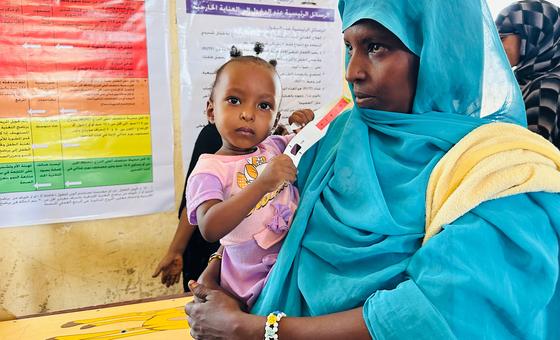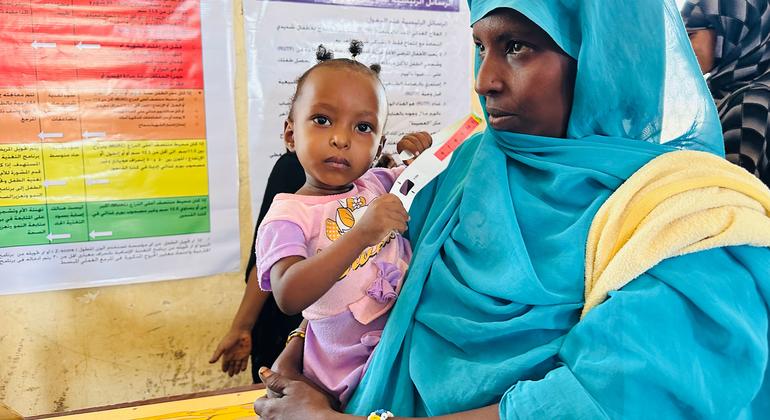
That’s the message from the UN World Food Programme (WFP), which appealed on Wednesday for $19 million to provide emergency food assistance to those “in desperate need” in the country’s western Herat province.
The agency’s deputy director in Afghanistan Ana Maria Salhuana stressed that to assist earthquake survivors WFP “is having to take this food from an already severely underfunded programme in Afghanistan”.
‘Utter destitution’
“Disasters like these earthquakes pound communities who are already barely able to feed themselves, back into utter destitution,” she said.
Earlier this year in Afghanistan, WFP was forced to cut off assistance for 10 million people due to a massive funding shortfall and can currently only support one out of five people who need food assistance to survive.
In addition to the earthquake response, WFP said that it urgently needs $400 million to preposition food before the fast-approaching winter months, when communities are cut off due to snow and landslides.
Sudan: Thousands of young children may die, deprived of food and healthcare
In war-torn Sudan, food insecurity and disruptions to essential services could cost the lives of more than 10,000 children under five by the end of the year, the World Health Organization (WHO) and the UN Children’s Fund (UNICEF) said on Wednesday.
The agencies also warned that millions of children in the country are at risk of cholera, dengue, measles, malaria and other diseases “without sufficient containment capacities”.
After more than six months of conflict between the national army which answers to the military government in Khartoum and the rival Rapid Support Forces militia, Sudan’s health system is on its knees.
WHO and UNICEF said that health workers have gone without pay for months and more than two out of three hospitals in conflict-affected states are not functional.
Acute malnutrition
Some 700,000 children in the country are suffering from severe acute malnutrition and 100,000 require life-saving treatment for acute malnutrition with medical complications.
WHO and UNICEF said they have been working with partners to ensure primary healthcare, life-saving medical supplies and nourishment are accessible to the most vulnerable, while also supporting the health authorities’ response to a deadly cholera outbreak which started last month.
However, they warned that current resources can only help reach “a fraction” of those in need.
Guinea: Deadly diphtheria outbreak
A diphtheria outbreak in Guinea has killed 58 people, amid hundreds of reported cases – many of them babies and toddlers, the UN health agency reported on Wednesday.
WHO said that 538 cases of the disease were reported from 4 July to 13 October in the east-central Kankan region. More than 80 per cent of them were children aged one to four.
Diphtheria is a highly contagious disease caused by bacteria, which can be lethal in up to 40 per cent of cases when there is poor access to treatment with diphtheria antitoxin.
The illness can be prevented through vaccination, but in Guinea, WHO said that immunization coverage against the disease has remained below 50 per cent for the past decade and was reported to be only 47 per cent in 2022.
That’s a far cry from the 80 to 85 per cent required to maintain community protection, WHO said.
The UN health agency stressed that none of the 538 people who got sick in the current outbreak had been vaccinated.



